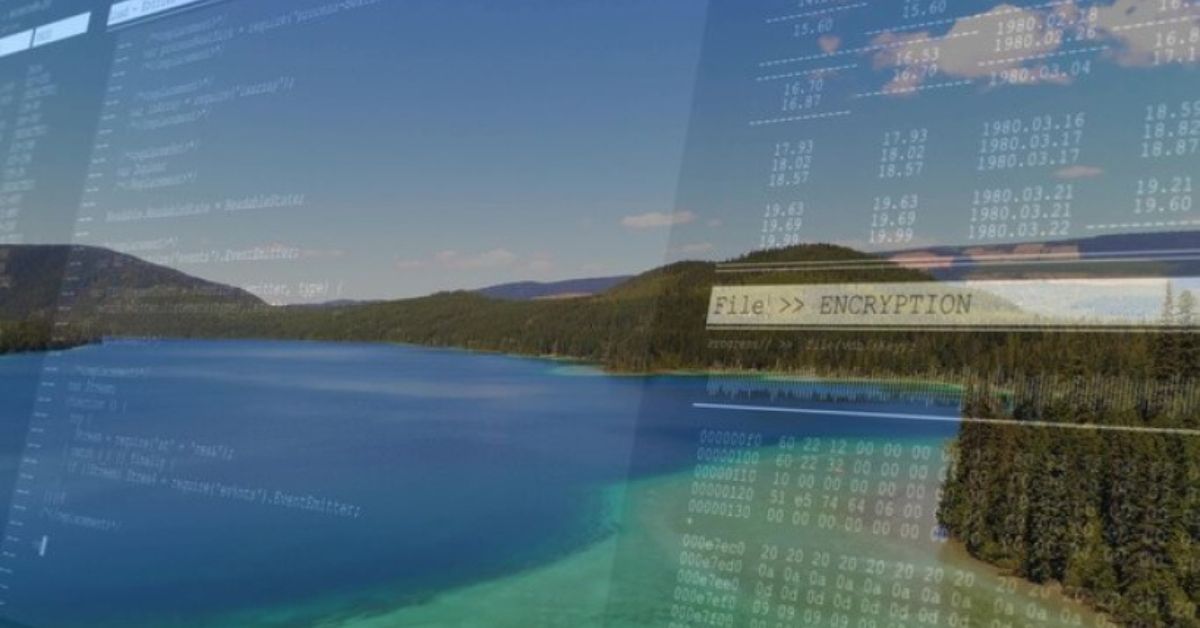Data Lakes vs. Data Centers

Terms like “data lake” and “data center,” which refer to completely different ideas, are frequently used in conversations that overlap due to the advent of artificial intelligence and big data. A data lake may be housed in a data center, but that’s about all the similarities between the two.
So what’s the confusion? Both are involved in the administration and storage of enormous volumes of data, and as businesses expand their AI and analytics capacities, the underlying data management and infrastructure strategies become more and more entwined.
This article will go into greater detail on what a data lake is, how it is different from a data center, and why the Data Lakes vs. Data Centers difference is important.
What is a Data Lake?
A software platform that acts as a central data store is called a data lake. Data lakes are typically used to house the different kinds of data that a company must manage. Both structured (like databases) and unstructured (like emails or movies) data can be stored in data lakes.
About ten years ago, data lakes gained popularity. The majority of companies at the time that required large-scale data processing or management depended on so-called data warehouses, which are less adaptable because they typically only support structured data. Data lakes enabled a wide range of data management and analytics use cases by providing a centralized location to store nearly any kind of data.
Over time, data lakes have changed, with some systems incorporating capabilities to improve data security and governance or expedite data processing. However, data lakes’ primary function—centrally storing data of all kinds—remains unaltered.
Read: Greenfield Milling Opens Advanced New Facility in Utah
What distinguishes a data center from a data lake?
Data lakes and data centers are different; the former are software-based information repositories, whereas the latter are actual buildings that contain IT equipment. They serve completely diverse purposes and are essentially different entities.
More precisely, the following are the main distinctions between data centers and data lakes:
- While data centers are actual places, data lakes are software platforms.
- Data is all that can be stored in a data lake. Although data centers are mostly used to house servers, they can also host data in the sense that they frequently house the physical infrastructure required to store information.
- To keep IT equipment running, data centers need physical systems like HVAC and electricity infrastructure. Since data lakes are software platforms rather than physical facilities, they do not have any of these elements.
Where Data Centers and Data Lakes Collide
It’s likely because data centers can house the underlying physical equipment needed to create data lakes that people are occasionally perplexed about the differences between data centers vs data lakes.
You require storage media (such as disks) that can hold the data you wish to keep in your data lake, as well as at least one server (usually many more are needed).
You can set up the elements of a data lake within a data center, as they are designed to accommodate the deployment of IT infrastructure.
However, in this regard, data lakes are no different from any other kind of IT workload that can be housed on data center-hosted equipment, including traditional applications or file systems. Data lakes and data centers don’t have a unique relationship.
Additionally, keep in mind that the majority of data lake platforms separate the data environment from the physical infrastructure that supports it.
This implies that those in charge of data management in a data lake usually don’t know which physical servers are driving their workloads or where the disks containing their data are located. In this way, the operation of a data lake is unaffected by the data center that also happens to host it.
Defining Data Lakes vs. Data Centers
Except for those housed on-premise computers outside of conventional data center setups, the majority of data lakes ultimately depend on data centers. Nevertheless, data lakes and data centers have different functions, and knowledge of one does not need knowledge of the other.
